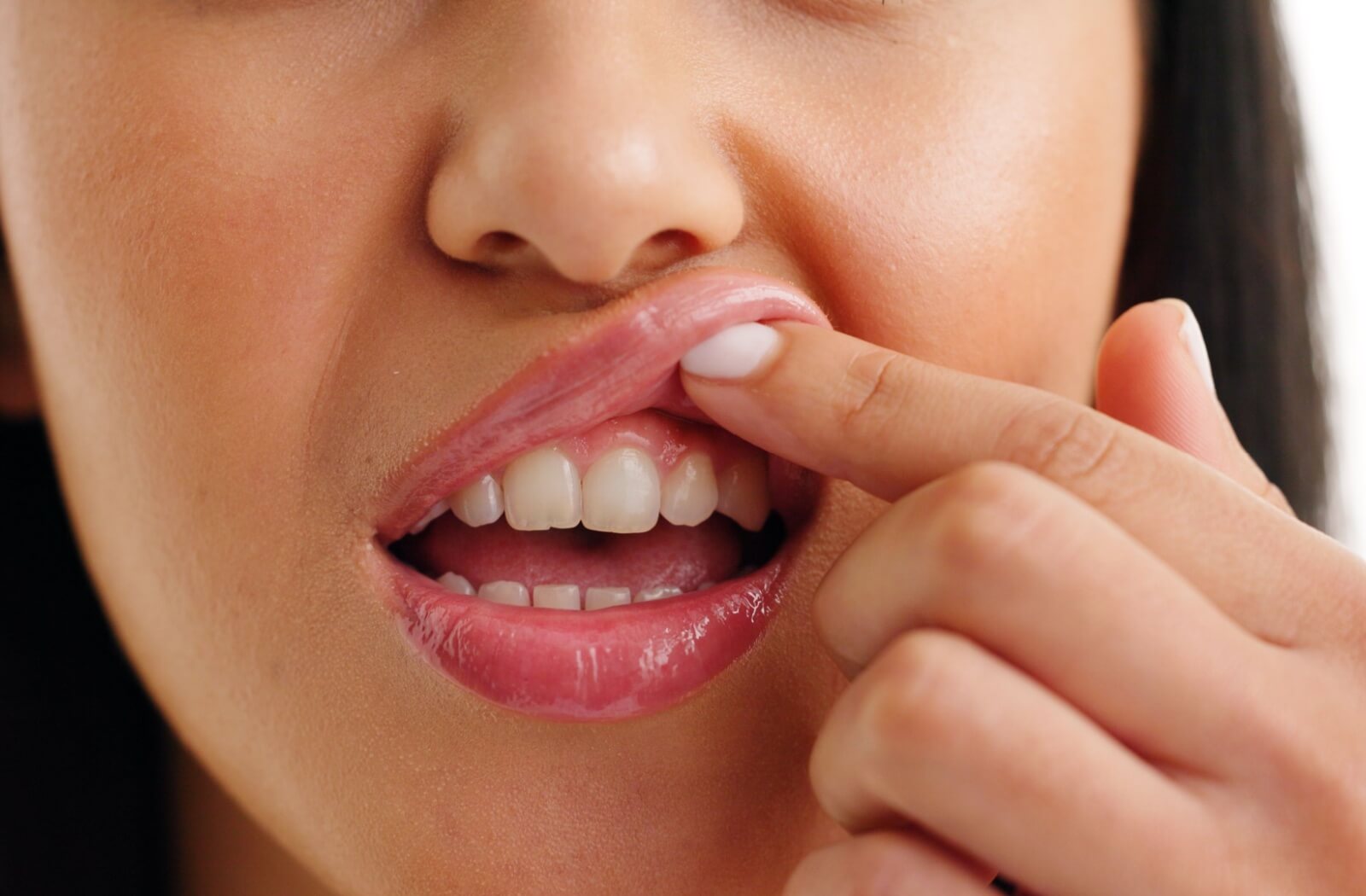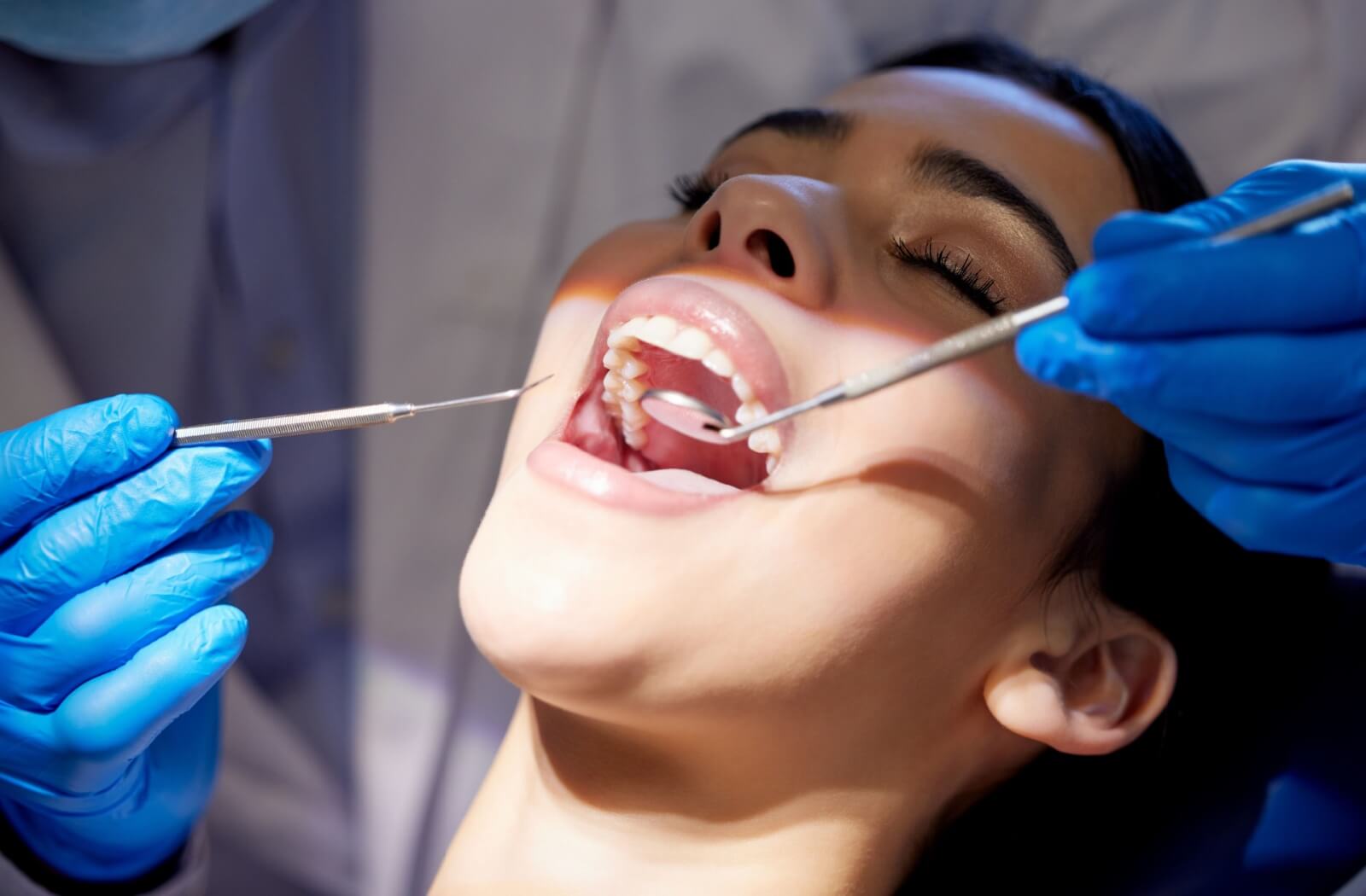
Take a Well Deserved Break From the Grind
Bruxism (or teeth grinding) can have a negative effect on the overall health and longevity of your teeth. Typically, bruxism is onset by stress or anxiety and mostly takes place at night while you are asleep. The most worrying part of bruxism is that you may not even know that you are grinding your teeth—this condition usually is not apparent right away and happens subconsciously. If left untreated, bruxism can cause damage to your teeth and jaw. Please do not hesitate to contact Upper Gage Dental Centre if you are experiencing any pain from bruxism. Our team can help set you up with a nightguard to quell your current problems with teeth grinding.
The Benefits of Wearing a Nightguard
A nightguard is a mouth guard or splint that is meant to be worn overnight if you are currently grinding your teeth. They add a degree of protection and separation between your lower and upper teeth to make sure they are not grinding together and causing damage. Your jaw will also be protected by using a nightguard due to tension in your mouth being lightened and adding some additional cushioning.
Some things to keep in mind while choosing your preferred nightguard:
- Choose the thinnest possible nightguard for your specific situation to obtain the most comfort while you sleep.
- Stay consistent in wearing your nightguard until your dentist recommends you no longer wear one.
- Only wear your nightguard when you are about to go to sleep and do not use it for any other purpose.
At Upper Gage Dental Centre, 1 of our professionals can fit you for a custom nightguard to help you sleep easier knowing your teeth are protected against bruxism. Having a custom-made nightguard helps you stay more comfortable while you sleep in comparison to store-bought mouthguards. Book an appointment today with one of our dentists to see if a nightguard can help alleviate your problems with teeth clenching and grinding.


Our Location
Our Address
- 1000 Upper Gage Ave, Unit 11
- Hamilton, ON L8V 4R5
Contact Us
- Phone: 905-387-3610
- Email: [email protected]
Centre Hours
- Monday: 9:00 AM – 5:00 PM
- Tuesday: 9:00 AM – 8:00 PM
- Wednesday: 9:00 AM – 5:00 PM
- Thursday: 9:00 AM – 8:00 PM
- Friday: 9:00 AM – 5:00 PM
- Saturday: 9:00 AM – 3:00 PM
- Sunday: Closed

Our Dental Services
Our Google Reviews

Is Gum Disease Transmittable?
Gum HealthHowever, the bacteria that cause gum inflammation can be passed from one person to another through saliva. […]
Why Are My Teeth Yellow When I Brush Them Every Day?
Dental CareDental Exams & CleaningsThe truth is that factors beyond your brushing routine can also affect the colour of your teeth, from the foods you eat to your own genetics. […]
What to Expect During Dental Exams?
Dental ExamsDental HealthA dental exam is a comprehensive check-up where your dental team carefully reviews your oral health, listens to your concerns, and works with you to maintain a healthy smile. […]
Is Gum Disease Transmittable?

However, the bacteria that cause gum inflammation can be passed from one person to another through saliva. […]
Why Are My Teeth Yellow When I Brush Them Every Day?

The truth is that factors beyond your brushing routine can also affect the colour of your teeth, from the foods you eat to your own genetics. […]
What to Expect During Dental Exams?

A dental exam is a comprehensive check-up where your dental team carefully reviews your oral health, listens to your concerns, and works with you to maintain a healthy smile. […]







